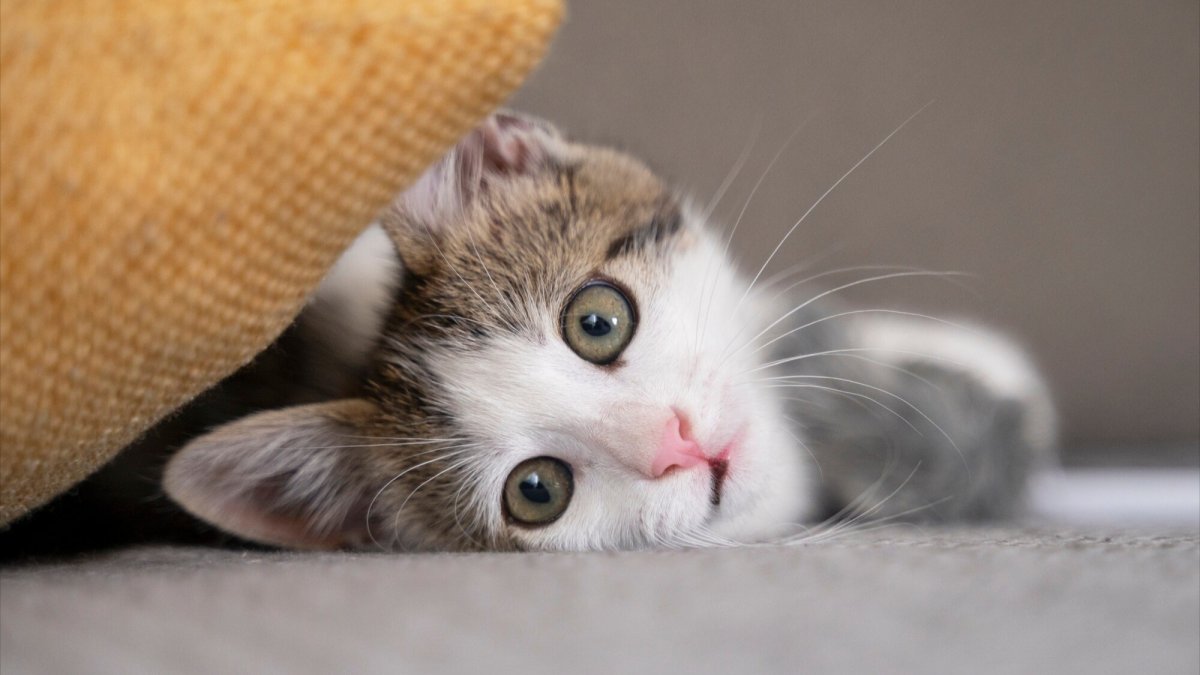Why you should never give your cat milk

The classic image of a cat drinking milk from a bowl is common in cartoons, films and even advertising campaigns. However, the reality is quite different: giving milk to cats can be harmful to their health...
The truth about cats and milk
Although many cats like the taste of milk, most of them develop lactose intolerance after weaning. This means that their bodies don't produce enough of the enzyme lactase, which is needed to digest lactose - the natural sugar present in milk.
When an intolerant cat consumes milk, it can experience a series of gastrointestinal problems, including:
- Diarrhea
- Vomiting
- Abdominal bloating
- Gas
- Discomfort and pain
These symptoms arise because undigested lactose ferments in the animal's intestines, causing irritation and imbalance!
But what about lactose-free milk?
Some lactose-free milk options, specially formulated for cats, are available on the market. These products are treated to remove lactose, making them safer. However, even these products should be offered in moderation, as milk is not essential to the diet of adult felines, who already get all the necessary nutrients from a balanced cat food.
According to the American Society for the Prevention of Cruelty to Animals (ASPCA), "most cats are lactose intolerant, and milk consumption can lead to gastrointestinal disorders".
Source: ASPCA - American Society for the Prevention of Cruelty to Animals.
What to offer instead?
If you want to please your cat with something special, choose safe options such as:
- Fresh, clean water (always available)
- Specific treats for cats
- Small portions of cat food, such as meat cooked without seasoning
Other articles that may interest you
 Mirella Mendoça
Mirella Mendoça
